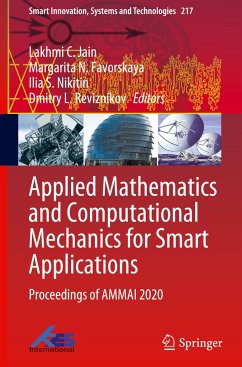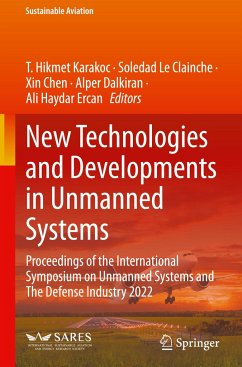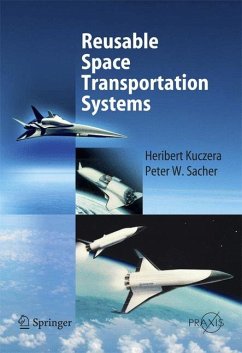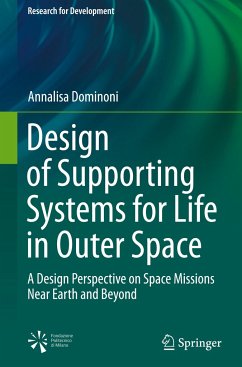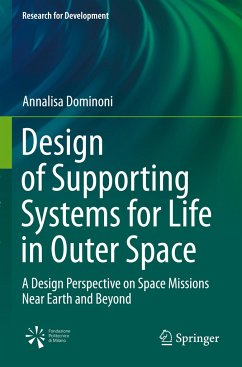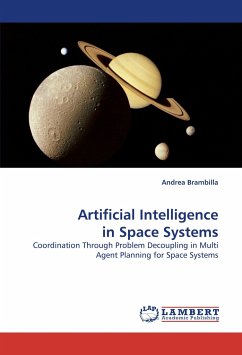
Artificial Intelligence in Space Systems
Coordination Through Problem Decoupling in Multi Agent Planning for Space Systems
Versandkostenfrei!
Versandfertig in 6-10 Tagen
32,99 €
inkl. MwSt.

PAYBACK Punkte
16 °P sammeln!
The characteristics of the future space missions are moving into areas where significant advantages would be gained from the development of an increasing level of autonomy distributed across the space systems. The Multi-Agent approach is an effective way to cope with this perspective: every space system is provided with computing capabilities implementing an intelligent behavior in terms of coordinated decision making. This book explores the benefits of a coordination strategy based on the temporal interdependence decoupling: every space system introduces local constraints in order to make red...
The characteristics of the future space missions are moving into areas where significant advantages would be gained from the development of an increasing level of autonomy distributed across the space systems. The Multi-Agent approach is an effective way to cope with this perspective: every space system is provided with computing capabilities implementing an intelligent behavior in terms of coordinated decision making. This book explores the benefits of a coordination strategy based on the temporal interdependence decoupling: every space system introduces local constraints in order to make redundant the coordination constraints. Therefore the interdependencies can be removed decomposing the global problem in local independent subproblems that implicitly satisfy the coordination requirements. This coordination strategy has the potential benefit of reducing the communication overhead, which becomes fundamental in space as the probability of communication failure and latency can seriously compromise the operations. This book should be especially useful to professionals in Space Operations or anyone else who is interested in distributed robotics systems.



